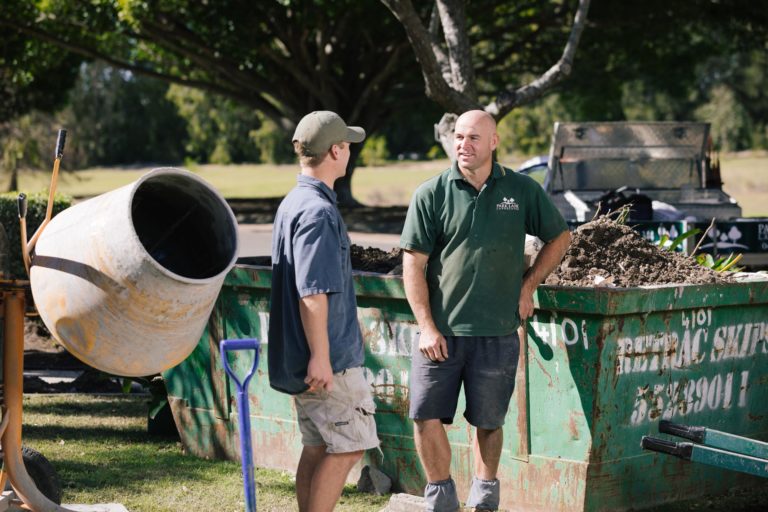Best Career Choices After School
Breaking the Myth: University Isn’t the Only Option
Apprenticeships vs. University: Career Choices
University Isn’t the Only Road to Success
From Apprentice to Millionaire: Success
Real-Life Success Stories from Apprenticeships
9 Reasons why apprenticeships are better than university degree
- You get to earn money while you are learning on the job. Sure, it’s not a lot during your apprenticeship years but it sure beats having to get a part time job while you are learning, like most of your university friends will.
- Less or no debt for your qualification. While your university friends will come out with a debt on average of $30k, your apprenticeship or traineeship fees are way less and can even be fully subsidised. You may also be eligible for Trade Support Loans of up to $21,078 to help cover your living and other costs while undertaking your apprenticeship;
- You’re already in the workforce, gaining work place skills, references and valuable industry contacts. It is likely that once you finish your qualification, your work will continue with your employer. Unlike your university friends who, depending on their degree, are likely to spend years finding work in their field;
- In addition to the skills for your trade or qualification, you are also learning what employers expect from their employees in a work place environment (workplace etiquette).
- If you are someone who learns better by visually being shown and then by doing (practice) – you will thrive in an apprenticeship or traineeship environment.
- Earn just as much or more money than your university friends. You’ve heard the term ‘cashed-up tradies’ – well, it’s true! A lot of tradies earn very decent money!
- More job security, particularly as many trade jobs are currently experiencing skills shortages. The same cannot be said for your university graduate friends and depending on their degree, they may be competing with thousands of other graduates just to gain an entry-level position.
- With a VET qualification you have the potential to transfer easily to another trade role or even gain entry into university if you wanted to learn further – e.g. an electrical apprentice graduate may gain access into electrical engineering at university, if they have the desire to.
- Become your own boss sooner! You are not only learning a trade you are involved in the industry, making valuable contacts and therefore have the potential to start your own business sooner.
Become an Apprentice or Trainee
Becoming an apprentice or trainee in 2024 offers an exciting pathway to a skilled trade. Through a training contract with a registered training organisation, you can gain a nationally recognised qualification while earning a wage. Many apprentices and trainees benefit from on-the-job training, which allows them to apply their learning in real-world situations.
For those considering a vocational path, school-based apprenticeships provide a unique opportunity to combine education and training while still in school. With the guidance of a training provider, you can explore various training options that align with your interests and career goals. The Queensland Government and the Australian Apprenticeships and Traineeships program offer apprenticeship support and advice and support to help you navigate this journey.
Additionally, resources like a jobs board and the Australian Apprenticeship Support Network can assist you in finding the right occupation and understanding the cost of your training. Starting an apprenticeship or traineeship can lead to a fulfilling career in a skilled trade, making it a worthwhile investment in your future.
What is the difference between apprenticeships and traineeships?
Apprenticeships and traineeships are both valuable pathways to gain hands-on experience and practical skills while receiving formal training. They are designed to combine subsidised training with real-world work. In an apprenticeship, individuals typically work in a trade and can complete an apprenticeship that leads to a nationally recognized qualification, often at the certificate II level or higher. This process involves a training contract signed between the apprentice and their employer, often facilitated by group training organisations across Australia.
On the other hand, traineeships are generally more focused on vocational qualifications that are available to apprentices and trainees, allowing individuals to gain a qualification while working in non-trade sectors. Both options are accessible to those still at school or entering the workforce and provide opportunities to find an apprenticeship or traineeship. Moreover, if circumstances change, trainees can make changes to your training to adapt to their career goals, while eligible apprentices can also finish their apprenticeship and gain valuable industry experience.
What is the apprentice training support payment?
The apprentice training support payment is a government initiative designed to assist eligible apprentices and trainees as they embark on their vocational journeys. This support is particularly beneficial for those in traditional trades and
Can I get Centrelink if I am doing a traineeship?
Yes, you can receive support from Centrelink while doing a traineeship. Traineeships and apprenticeships and traineeships combine practical work experience with study, often through TAFE, allowing you to earn while you learn. In areas such as construction apprenticeships or cookery, you can gain a nationally-recognised qualification while working. To start, you need to find an employer willing to sign a training contract with you.
There are government financial incentives available for both employers and apprentices. These incentives are designed to encourage participation in priority apprenticeship and traineeship qualifications, which are vital for various sectors of business and industry. Once you complete your apprenticeship or finish your apprenticeship, you will have gained valuable skills and experience.
Additional support is available through Centrelink, providing information and advice on how to balance your traineeship with financial needs. This support is crucial for those looking to advance in areas such as business while maintaining financial stability during their training period
